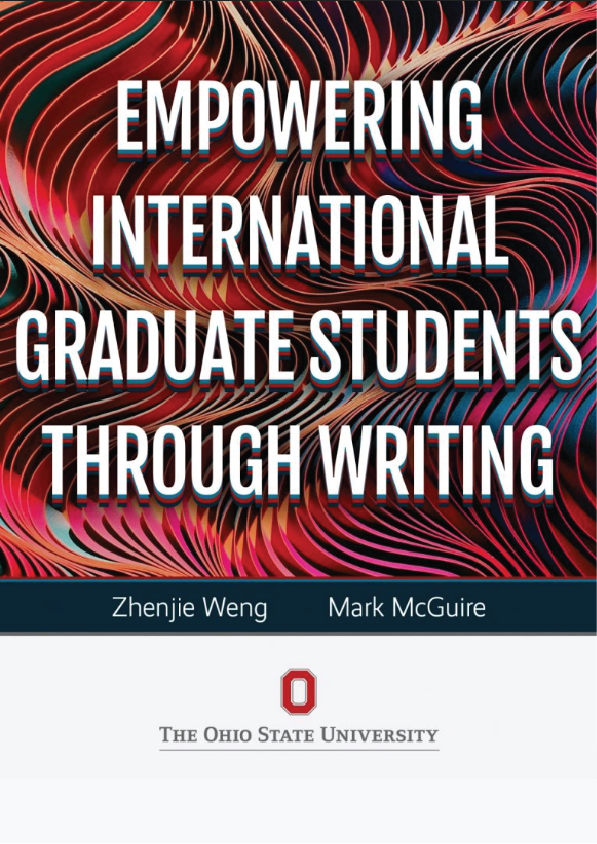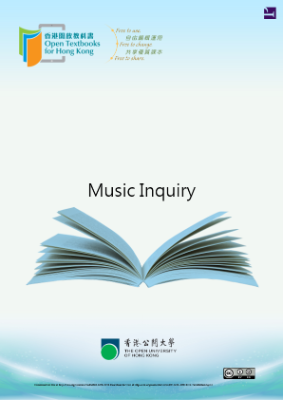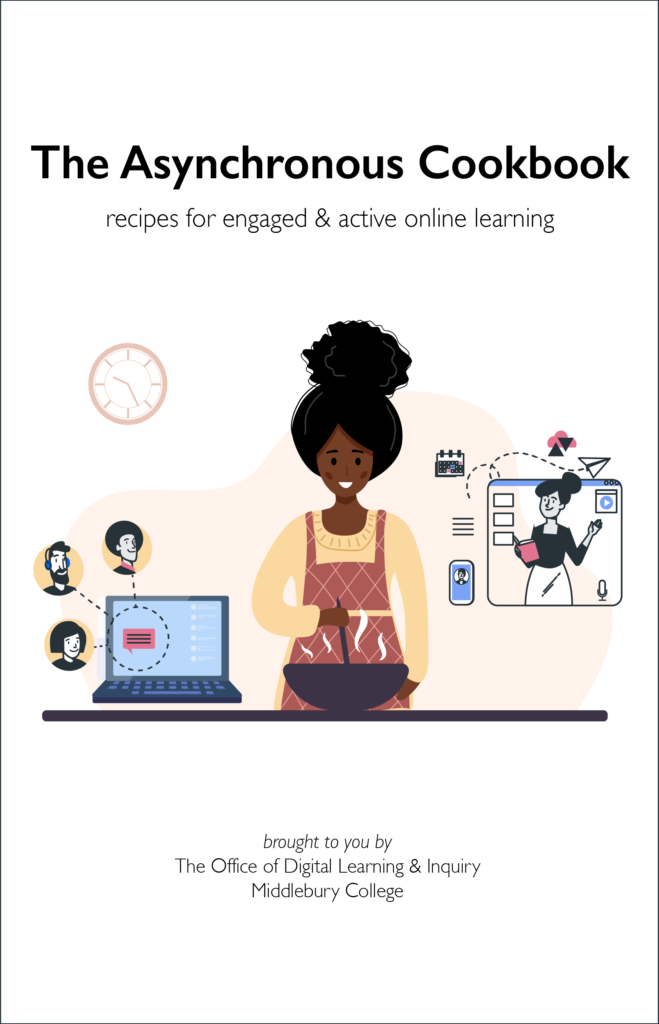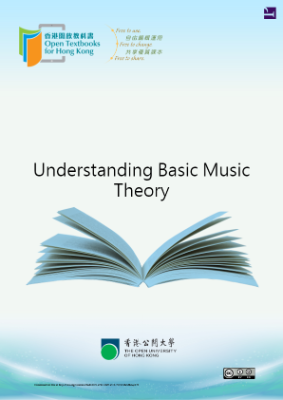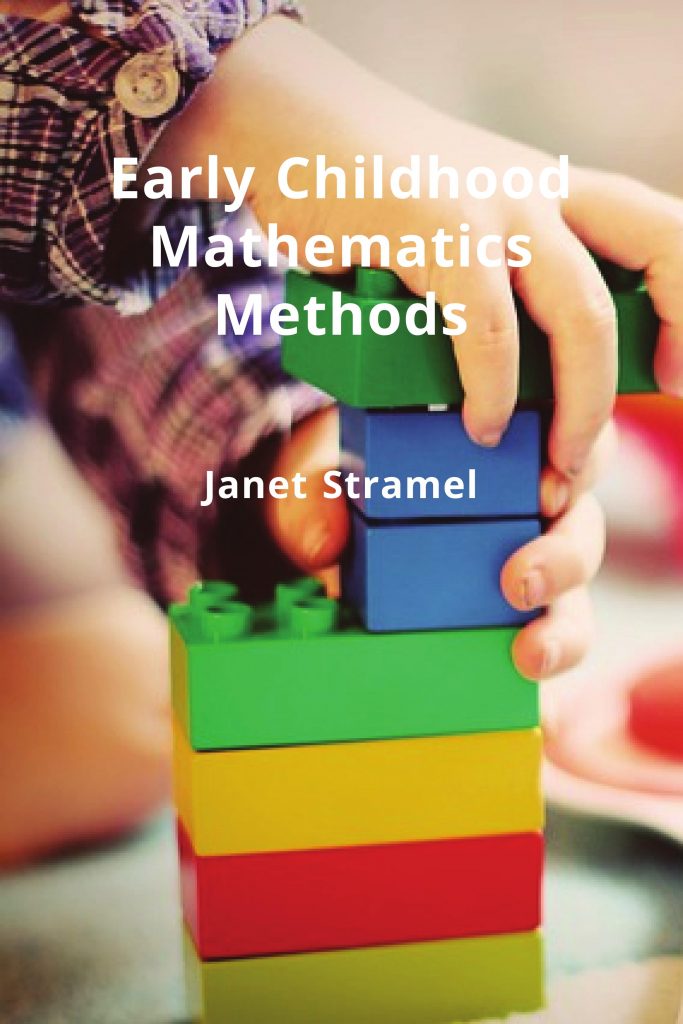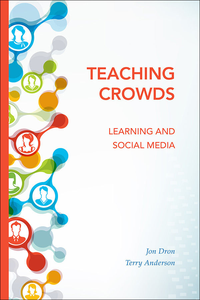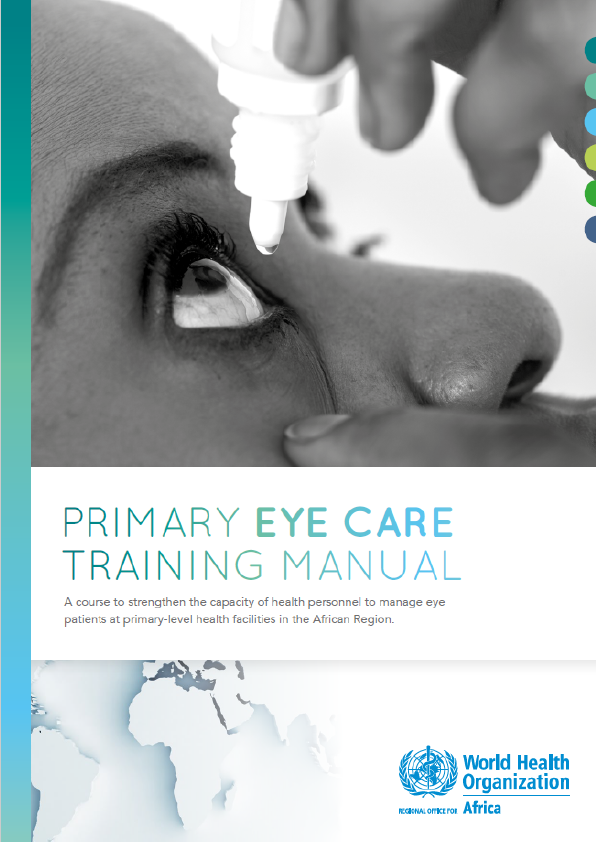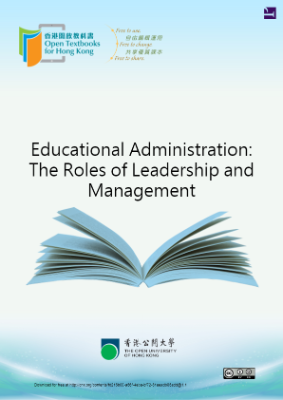In the past four years, we have been Graduate Teaching Associates and doctoral students at the Ohio State University’s Department of Teaching and Learning. This book is the product of our teaching experience and informed by the theories (e.g., Culturally Relevant Pedagogy) we have become familiar with in our doctoral studies, one of several publications we have co-authored on the subject. Our goal in writing this book is to empower our graduate-level ESL students to be confident and successful in their fields no matter whether they speak and write English “with an accent” or not.
We divided the book into five parts:
- Starting Out in an American Classroom
- Plagiarism at the ESL Composition Program
- Reading as an Active Process
- Writing at the Graduate Level
- Communication in American Classrooms
Each chapter focuses on different cultural, social, and linguistic concerns that graduate-level ESL students might struggle with.
Zhenjie Weng is an ESL instructor with more than five years of teaching experience in the U.S. She has taught ESL reading, writing, listening, and speaking as well as English literature across different contexts in the U.S. to both undergraduate and graduate level international students. As an advocate for racial justice and education equity, she is committed to international students’ academic success and well-being. As an experienced L2 writing instructor at The Ohio State University (OSU), she won a racial justice grant to create two online discussion units for undergraduate level ESL composition classes and a high support grant to create a free textbook for graduate level ESL composition courses at OSU. Outside of classrooms, she serves as a peer advisor for international students and dedicates herself to university services (e.g., Critical Reading Workshops) for international students.
Mark A. McGuire is currently a Graduate Associate at the Ohio State University. He has been teaching university EFL and ESL courses for more than ten years, in China and in the United States. His interests include the identity and pragmatic development of English users, primarily, though not exclusively, from China and Hong Kong. His research is based on integrating mixed methodologies to better understand language according to Complex Dynamic Systems Theory and usage-based perspectives on language development. His goal as a researcher is to encourage the voices and dignity of language users, especially of adults and professionals as they negotiate their expertise.
Dear students: congratulations that after much preparation and travelling, you are now successfully studying in the U.S. and beginning a new chapter of your life at the university–you should feel proud of yourself!
In the first several weeks of the semester, you might feel both excited and nervous, particularly if you are studying abroad for the first time in your life, but these are common feelings for novice and experienced international students moving from one place to another, domestically or internationally. No matter where you are from or which language you speak, you will soon find that becoming multilingual and multicultural is both an asset and a challenge.
